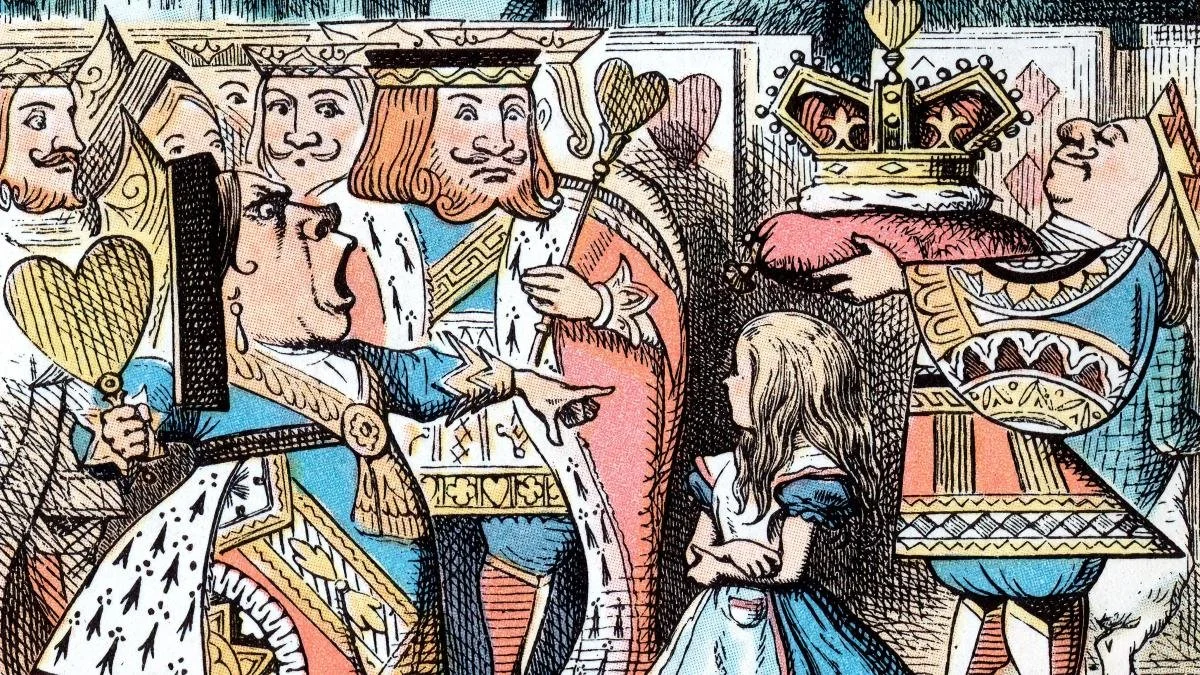A LITTLE HISTORY OF POETRY BY JOHN CAREY
Una and the Lion from Edmund Spenser’s Faerie Queen
‘What is Poetry? - It is language made special, so that it will be remembered’
The opening words of this remarkable book set its tone- clever but straightforward. Read it to reward the rest of your life with a clear eyed view of what literature is all about. Professor John Carey I suspect could easily dictate the entire book by gazing into the depths of his well stocked mind , dictating it to some unseen amanuensis – and sending someone to look up the massive stock of references . Oxford University is where he is Emeritus professor of English and once taught the subject in his own distincitve way,, yet we can still take a shortcut to a true and real understanding of our literary heritage with this totally inspired book.
The Epic of Gligamesh,the 4000 year old poem unlocked by George Smith in 1970
Thoughts about life and art, Nature and artifice, instinct and intelligence all play throughout : the title really is the epitome of false modesty. I even began to notice how perfect is his punctuation. The book is wide in range and deep in knowledge. He begins in the ancient lost worlds whence the first poem The Epic of Gilgamesh emerged 4,000 years ago ‘Mesopotamia (roughly equivalent to where Iraq and eastern Syria are now)’. It was in cuneiform, marks made on wet clay by a knife and when first discovered, the tablets meant nothing. ‘For centuries the secret of how to read cuneiform scripts was lost. Then, in the 1870s, a self-taught, working-class Londoner called George Smith studying the clay tablets at the British Museum cracked the code and brought ‘The Epic of Gilgamesh’ to light.’ Carey then tells the story in all its detail, in such an engaging style he holds the reader to its conclusion. Right through the book, accompanied by a vast range of sources , he describes the fascinating work and lives of contemporary poets writing in English.
John Carey is a top-rated reviewer for the Sunday Times; no one is better suited to the task of telling the story of literature. . Instead of arguments for or against any of his chosen poets’ work, he cuts to the quick - and gives his own unvarnished view. His prose is so terse, it teeters on the brusque - an example of direct cogent writing with no frills He dislikes Dante ‘s much praised Divine Comedy ‘Of all world-famous poets, none is less likely to appeal to the modern reader than Dante Alighieri . . .He comes across as vengeful and unforgiving’. But he loves Geoffrey Chaucer . Instead of the well known Canterbury Tales he examines ‘Parliament of Birds’: three noble male eagles all in love with the same female eagle, debate their courtly devotion to her with the goose, cuckoo and duck who soon lose patience with them. ‘There are four Chaucerian things about this poem’ Carey announces. ‘First it is funny, which Dante and Petrarch never are. Second like the Canterbury Tales it’s about levels of society. He is genial and tolerant. Also he sees both sides and fourthly ’ he explains ‘by making his birds talk like people he suggests all life is bonded together by Nature’
Spenser’s national epic poem part of the history of poetry
The incomprable Seuamus Heaney a poet for our times
How can we not know about all these heroic modern poets?. The Little Book of Poetry does a great service to world literature by interestingly showcasing their work however briefly. The book finsihes with several chapters on famous American poets Elizabeth Bishop, Emily Dickinson Robert Frost, Robert Lowell and on to Sylvia Plath and Ted Hughes and their tempestuous yet destructively creative relationship: he features Maya Angelou and her work and writes admiring of ‘Seamus Heaney 1939 to 2013 who grew up on the family farm Mossbawn Great in County Derry Northern Ireland as a Catholic in Protestant Northern Ireland he was used to being a suspect. In “The Ministry of Fear’ ‘ he recalls being stopped at a roadblock and how the police crowded around the park quote like black cattle snuffling and pointing/The muzzle of the sten gun in my eye’ Seamus Heaney move to the Republic of Ireland when the troubles became too much for him to bear.
Carey concludes his book abruptly. It is quite a shock - he probably realized that he could just go on and on (rather like this review,). To end he quotes a poem from ‘The great Australian poet Les Murray (1938-2019)’ whom he hugely admires
Everything except in language
Knows the meaning of existence
Trees, planets, rivers, time
know nothing else. They express it
moment by moment, as the universe.
Even this fool of a body
Lives it in part, and would
have full dignity within it
but for the ignorant freedom
of my talking mind
I don’t quite understand it either but when I have re-read the book I think I might.
Published by Yale University Press New Haven and London yalebooks.co.uk £20










